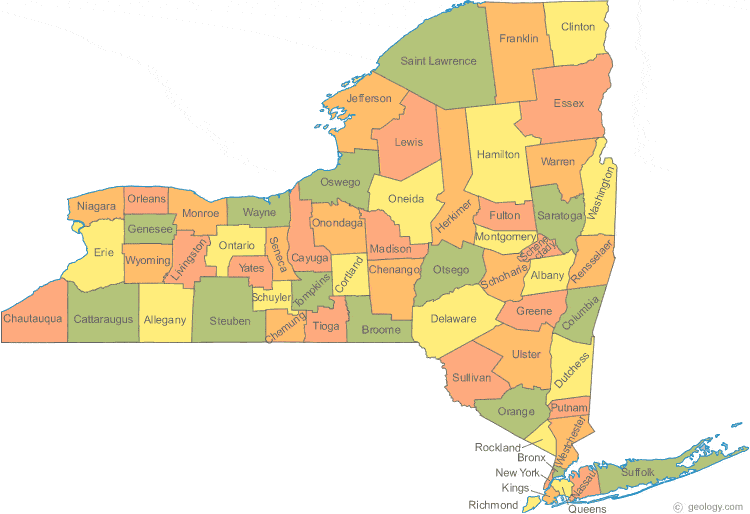Monday, December 9
This is it. The last day of the semester. No more running from class to class. No more homework to stress over and assignments to hand in. That is, until next semester.
Abraham Lincoln once said, "I do the very best I know how - the very best I can; and I mean to keep on doing so until the end." I think that this quote is a great way to end the semester. I can only do the best that I can do, and keep going strong until the end. Ending on a positive note and keeping my head held high no matter what is thrown my way is the attitude I need to keep as this semester comes to a close.
This semester has been a long one, yet it seems to have flown by. It seems like only yesterday I was walking into Aquinas 53, nervous and excited at the same time for my last methods course at MSMC. This course has taught me so much about not only teaching social studies, but also about myself. I have learned to stay confident and believe in myself. I know that I can accomplish whatever task is handed to me and I can be the best I can be.
This class has taught me to use technology in new and exciting ways. Before entering this class, I had never blogged before, and never even really used a Smart Board. I think that my learning how to use these technologies, I am able to become the best teacher in the future. Whenever I go to a school, I can show the teachers the technologies that I have learned and keep up with the changing times. I think that with the new technologies and common core changes, anything that can set you apart from others is beneficial to you.
I also learned a lot about implementing various types of lessons and assessment techniques in this course. I previously thought that there was only two types of assessment, but learned that there are actually three: diagnostic, formative, and summative. By using a variety of assessments in the classroom, the teacher can check for student comprehension and understanding before implementing the lesson, during the lesson, and at the end of the lesson through independent practice. These lessons can also be one of three main types: direct instruction, inquiry, and cooperative learning.
Personally, I have grown a tremendous amount throughout this course. I have learned to be more confident in my decisions and in my teaching. I have learned that it is okay to make mistakes, but to not focus on them. Sometimes you have to just "go with the flow" and keep moving forward. No one is going to judge you based on how well you wrote your lesson plan. The main goal is how you implemented it. I also got more comfortable being in front of a class. I learned to take charge and be the teacher. When I am in a classroom, I am taking on the role of the teacher and need to act like one. I am not a shy student, but an outgoing, enthusiastic teacher.
Professionally, I have grown throughout the semester as well. I have learned to use professional language, not only in the classroom, but everywhere I go. Even outside of the classroom, I will still represent the school I am with and that I am a teacher. I also learned to dress more professional. Though there are some days where leggings and a sweatshirt are necessary, dressing nice is important. You never know who you will meet and what future employer you will run into. You want to give the impression that you are always put together and confident in yourself.
Overall, I think that this course helped me grow in numerous ways. I learned more about myself and about being an educator from this class than any other class that I have taken at the Mount. I will be using the resources that Dr. Smirnova has supplied us with and all the materials that I have gained throughout the semester in my future career. These skills and resources will help me in becoming a better teacher and will set me apart from others.






















